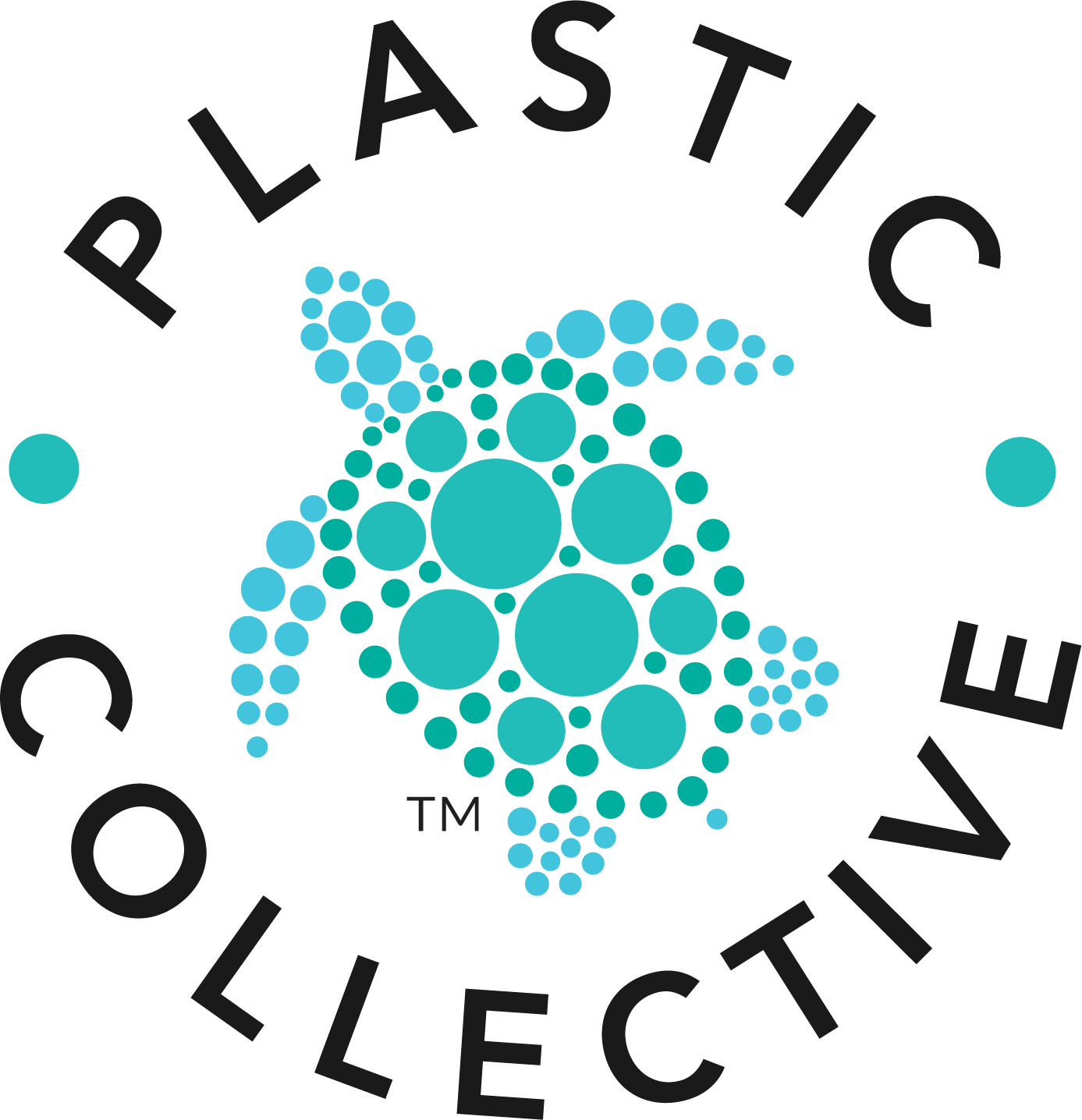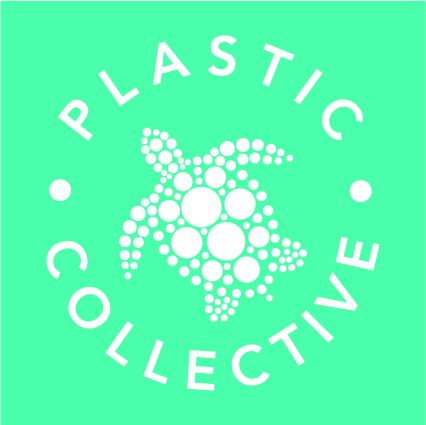Plastic Waste Initiatives with Plastic Collective’s Les Village Program in Bali, Indonesia
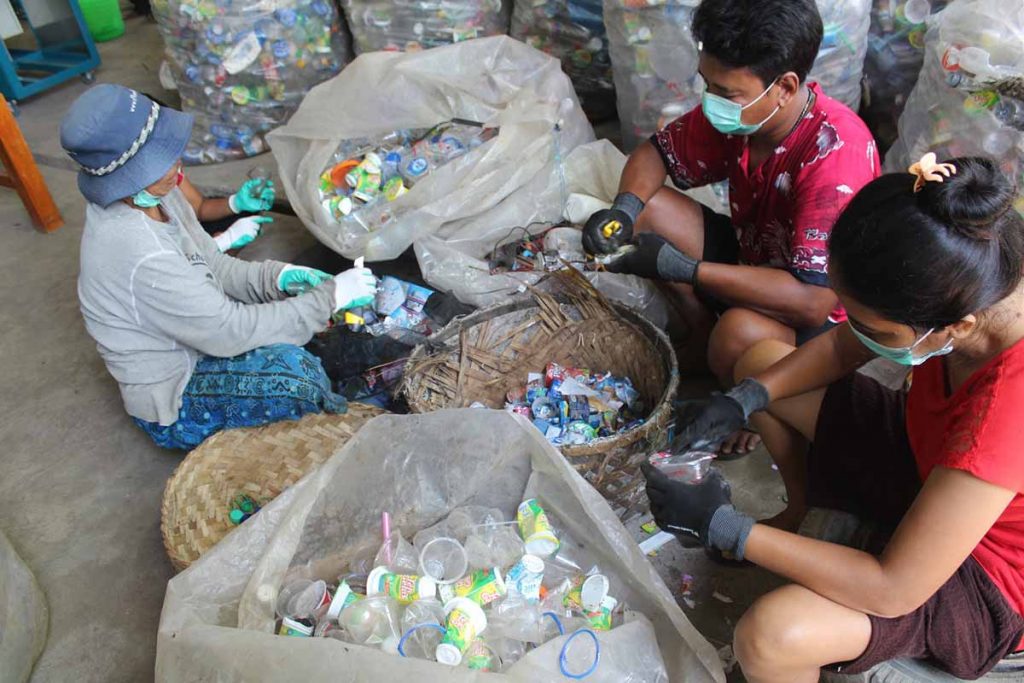
Plastic Collective’s Les Village Program, Pilots the Plastic Waste Reduction Standard
Plastic Waste Initiatives: The Pilot Program
The Reduce, Recover, Recycle (3R) Initiative, aims to increase the value of global plastic waste by transforming societal perceptions from waste to resource, and bring attention to new plastic collection and recycling activities by crediting projects that measurably increase the additional recovery and/or recycling of waste plastic above baseline rates. Danone, Veolia, Nestlé and Tetra Pak, collectively launched the new plastic waste initiative with hopes to;
1. Catalyse responsible design, use and recovery of plastic packaging materials.
2. Support companies in reducing their plastic waste footprint and mitigating potential plastic leakage into the environment.
3. Stimulate the development of new plastic recovery and recycling projects around the world.
This collaboration is supported by the United Nations with targets to initiate patterns towards building a sound-material-cycle society. There were twenty-four global projects which piloted the Plastic Waste Reduction Standard. These pilot programs provided insight, data and information to assist the development of a reliable and transparent Plastic Standard.
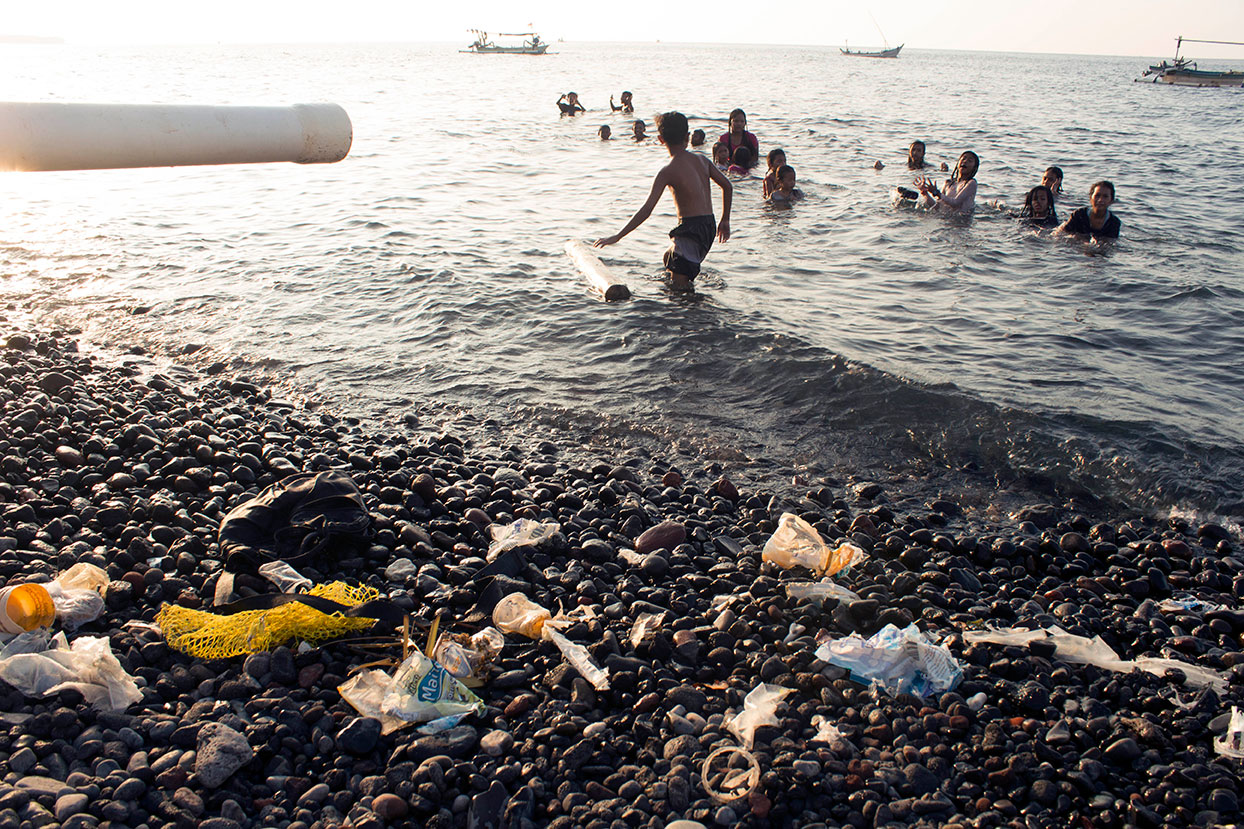
Figure 1. Les Village coastline surrounded by washed up plastics.
Plastic Collective has worked closely with Sea Communities, TK MAXX, Earthwatch and Southern Cross University to develop a Plastic Waste Reduction Standard pilot program, in the remote community of Les Village. Les Village was one of twenty-four pilot programs and focused on the recovery of post-use plastic from households, businesses and programs in the community. Through the use of the Plastic Collective Mobile Shruder Recycling Station (MKII), plastic can be collected and transformed into plastic shred which can be sold as a profitable resource.
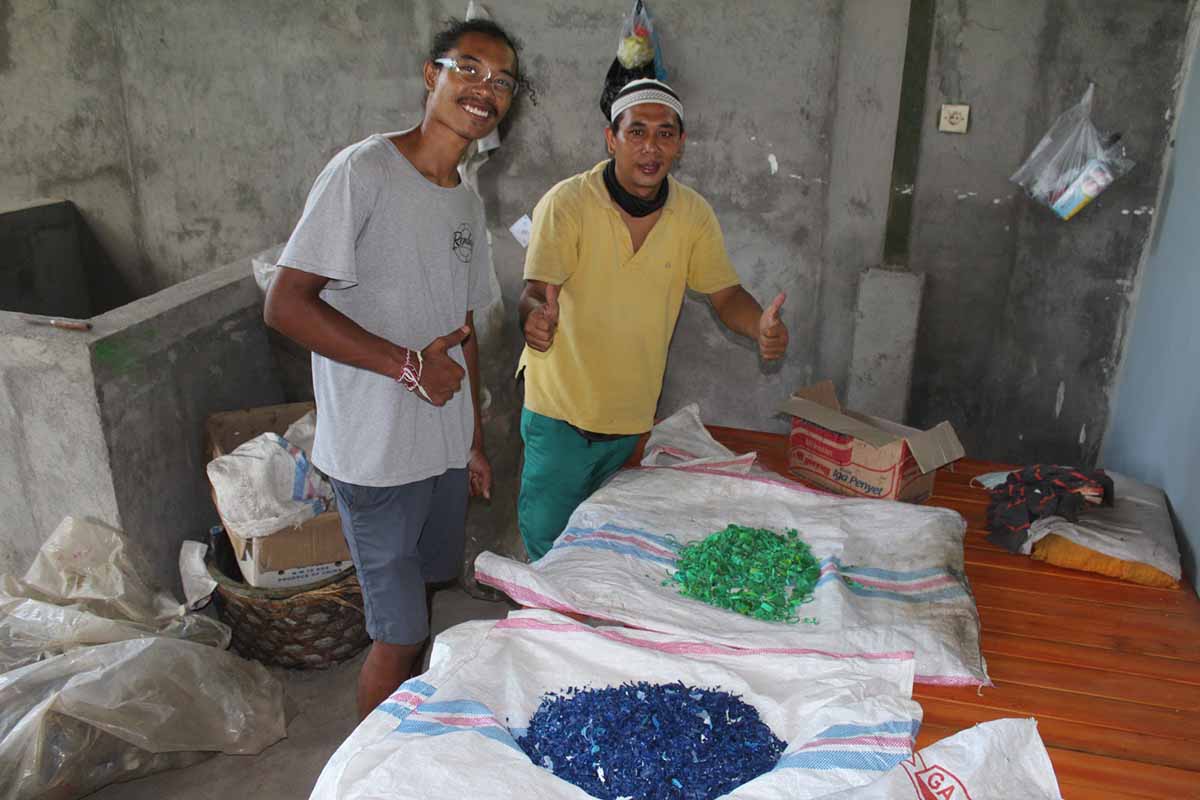
Figure 2. Plastic pollution transformed into plastic shred, ready for reuse and remoulding.
The Problem: Plastic Pollution
Les Village is a small island located on the northern coastline of Bali, Indonesia. The village population mainly consists of fishermen and salt farmers and their families. Despite its beauty, Les Village has an ugly secret. Cyanide fishing and reef bombing devastated the coral reefs and impacted marine life populations. The coral ecosystem struggled to defend against the communities disruptive fishing practices, but plastic leakage posed an even greater threat. The lack of waste management systems and appropriate landfills, resulted in tons of plastic being dumped in rivers or burnt around houses.
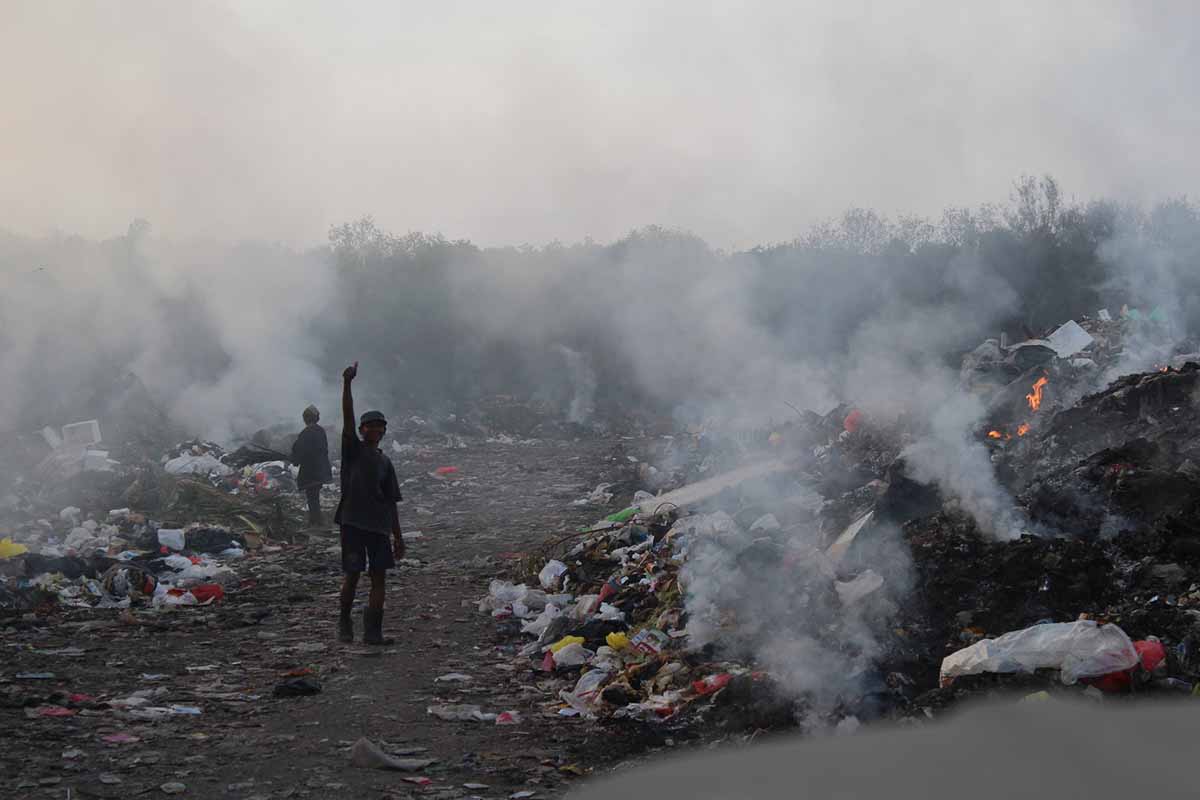
Figure 3. The only existing form of waste management prior to the pilot program, was the burning of trash in large piles.
The plastic pollution crisis overwhelmed the reefs, and contributed to poor air quality, as a result of burning plastics. The burning fumes create greenhouse emissions, contributing to climate change, further impacting our environment and the safety of the community. Through working closely with Sea Communities and educating village leaders on the toxicity of plastic fumes, it was decided that they would stop burning and dumping the plastic products, and start recycling instead.
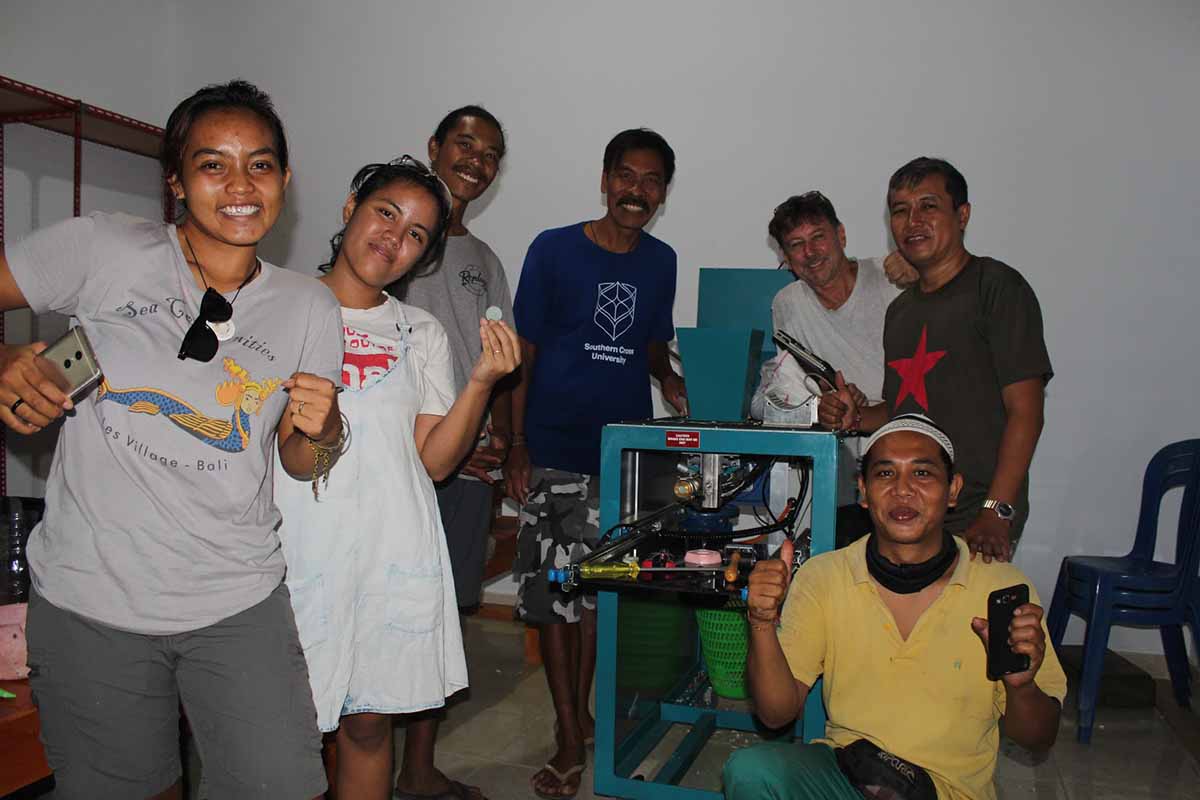
Figure 4. The Les Village community finally had a viable solution to the plastic pollution problem.
The Solution: Sustainability & Waste Management
Les Village was established as a coral reef restoration project through ‘volun-tourism’ in 2012. Sea Communities evolved into a community engagement and capacity building enterprise which empowers village members and visitors alike with programs including literacy, and activities to raise awareness in marine conservation and resource recovery. Sustainability became a priority as the community focused on cyanide fishing and the plastic waste problem, to develop regenerative practices. In April 2019, Plastic Collective received generous funding from TK Maxx as they partnered to provide a recycling program. Furthermore, the Australian Consulate in Bali granted Les Village the remaining funds to build a lockable facility to house the workshop. A roof was constructed, the burning was stopped and the Shruder workshop planning began.
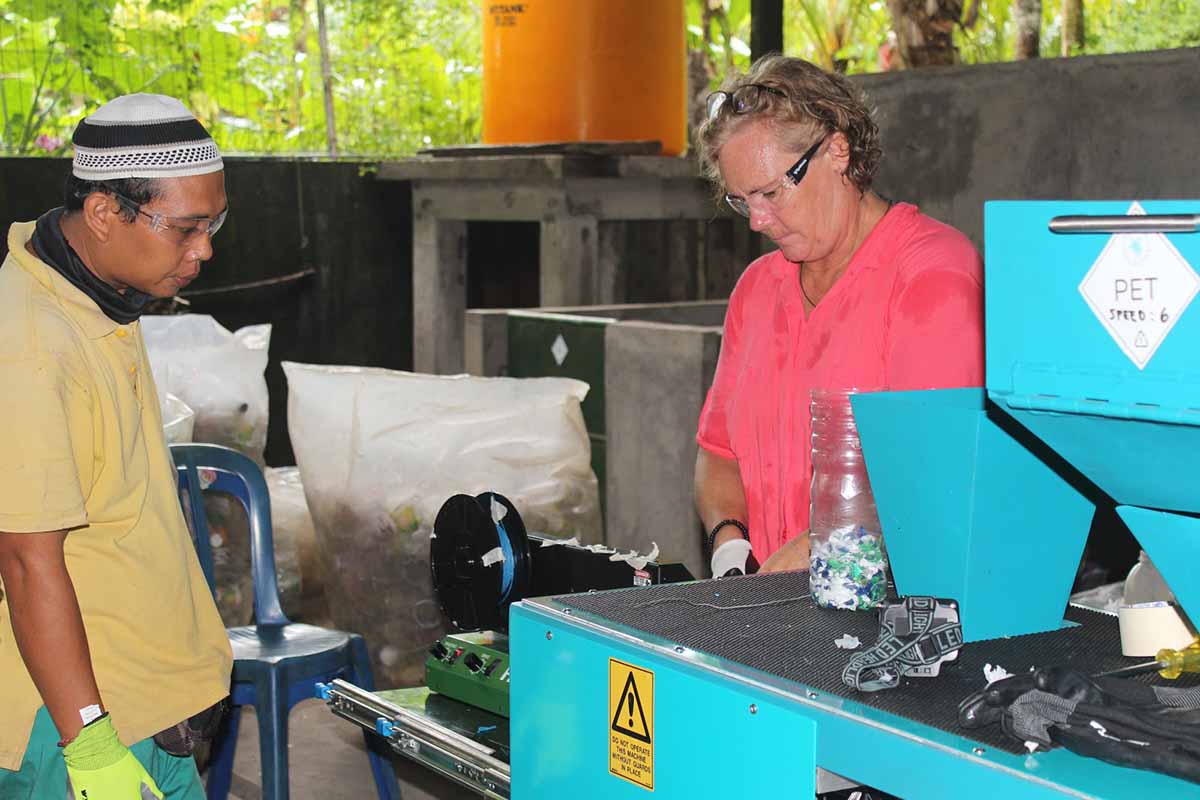
Figure 5. Working together, Les Village and Plastic Collective we’re a successful pilot program for the Plastic Waste Reduction Standard.
The Shruder Resource Recovery program funded by TK Maxx (UK), was delivered to Les Village and included 2 Shruder machines, tools, plastics training, resulting in the development of a micro-enterprise onsite plastic recycling workshop. The Les Village project has joined the circular economy, providing extended producer responsibility programs to companies joining the new plastics economy. This transition will see the extinction of single-use plastics in the supply chain, with overall reduction in marine debris and ocean plastics.
